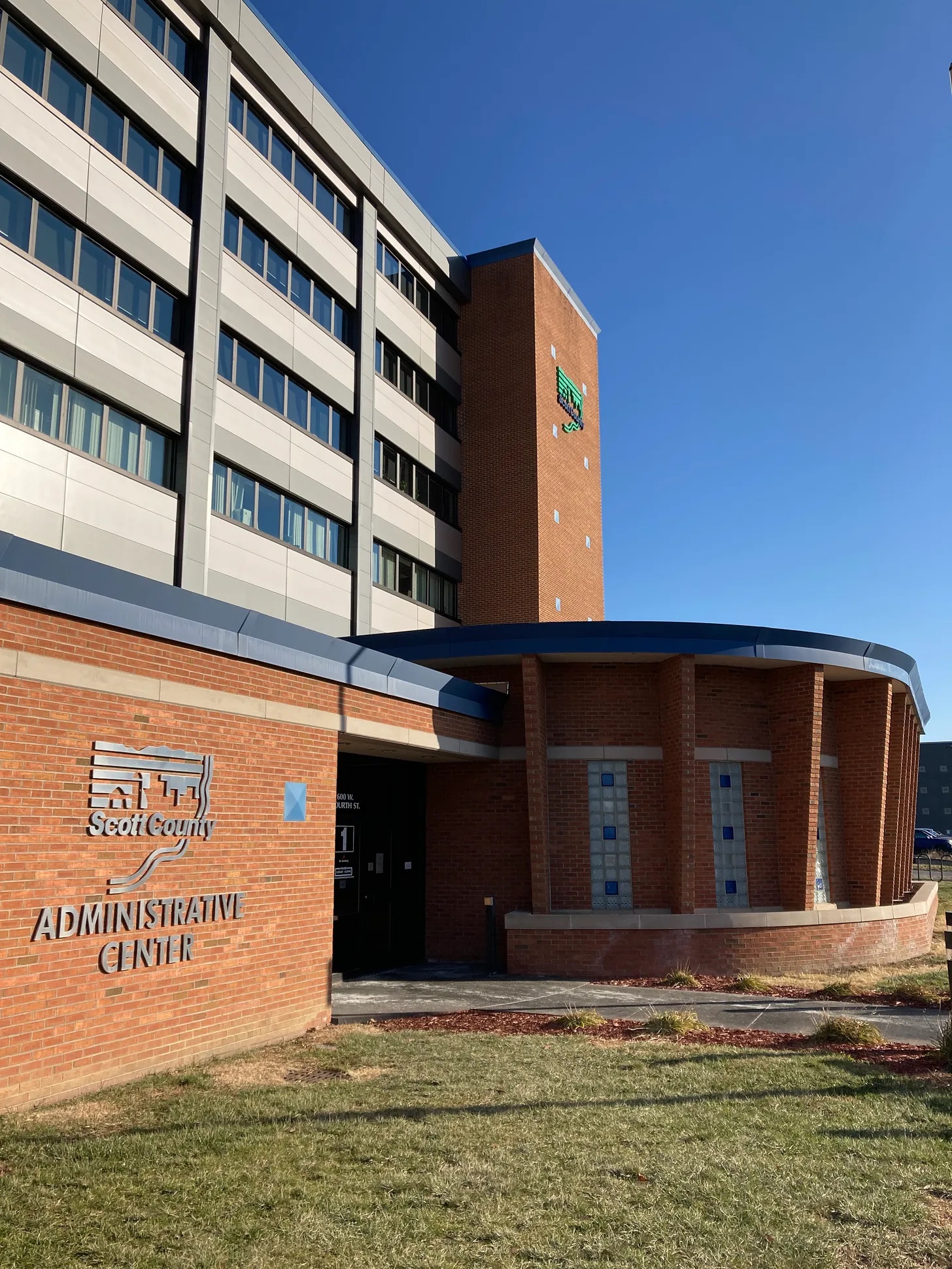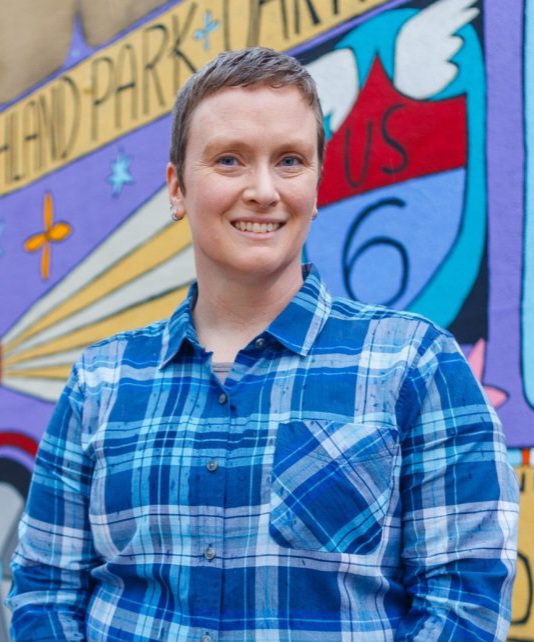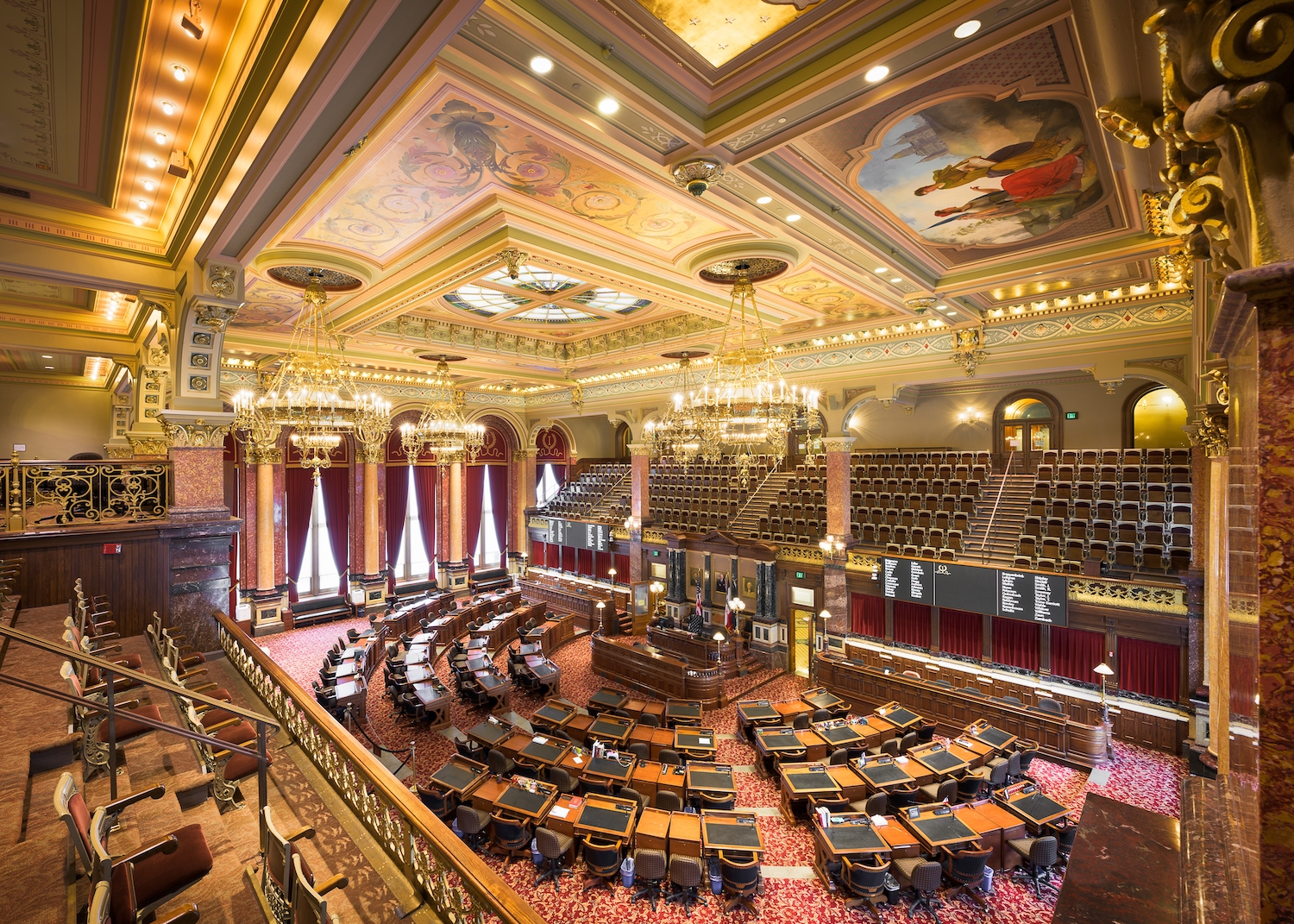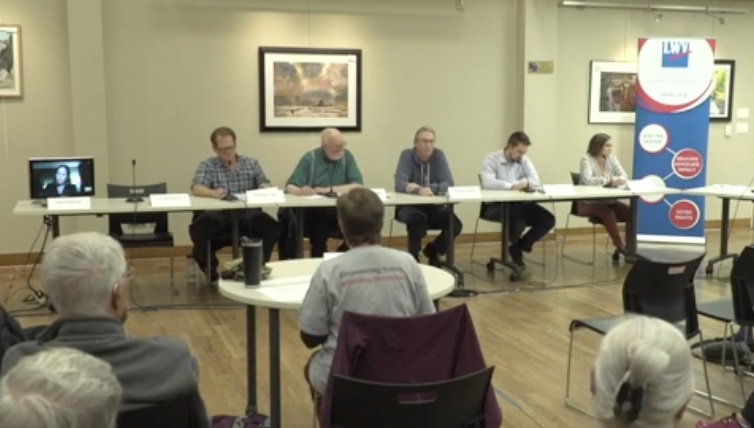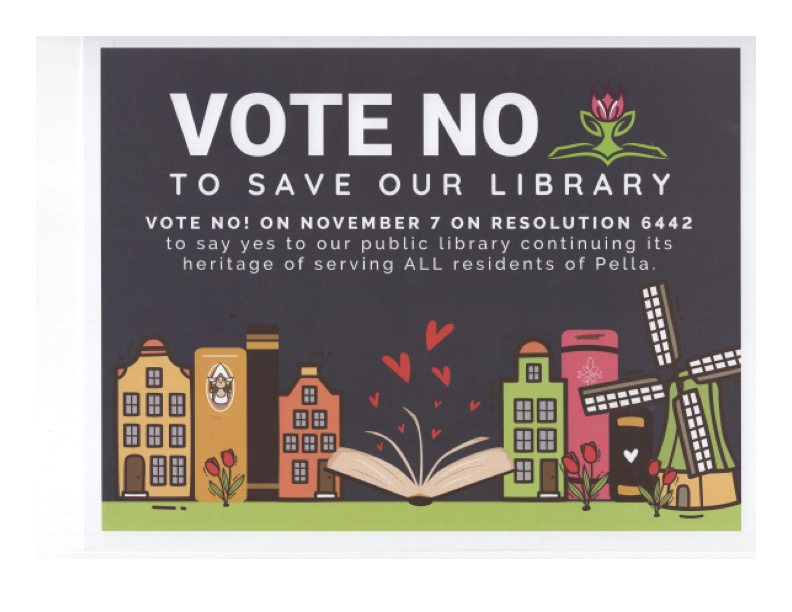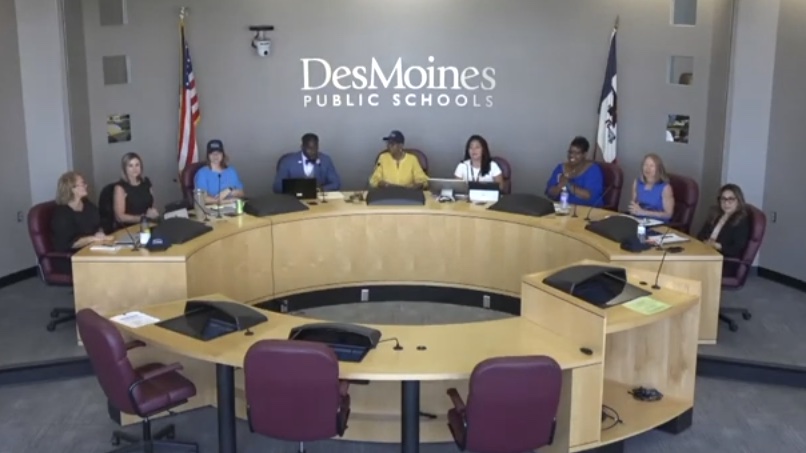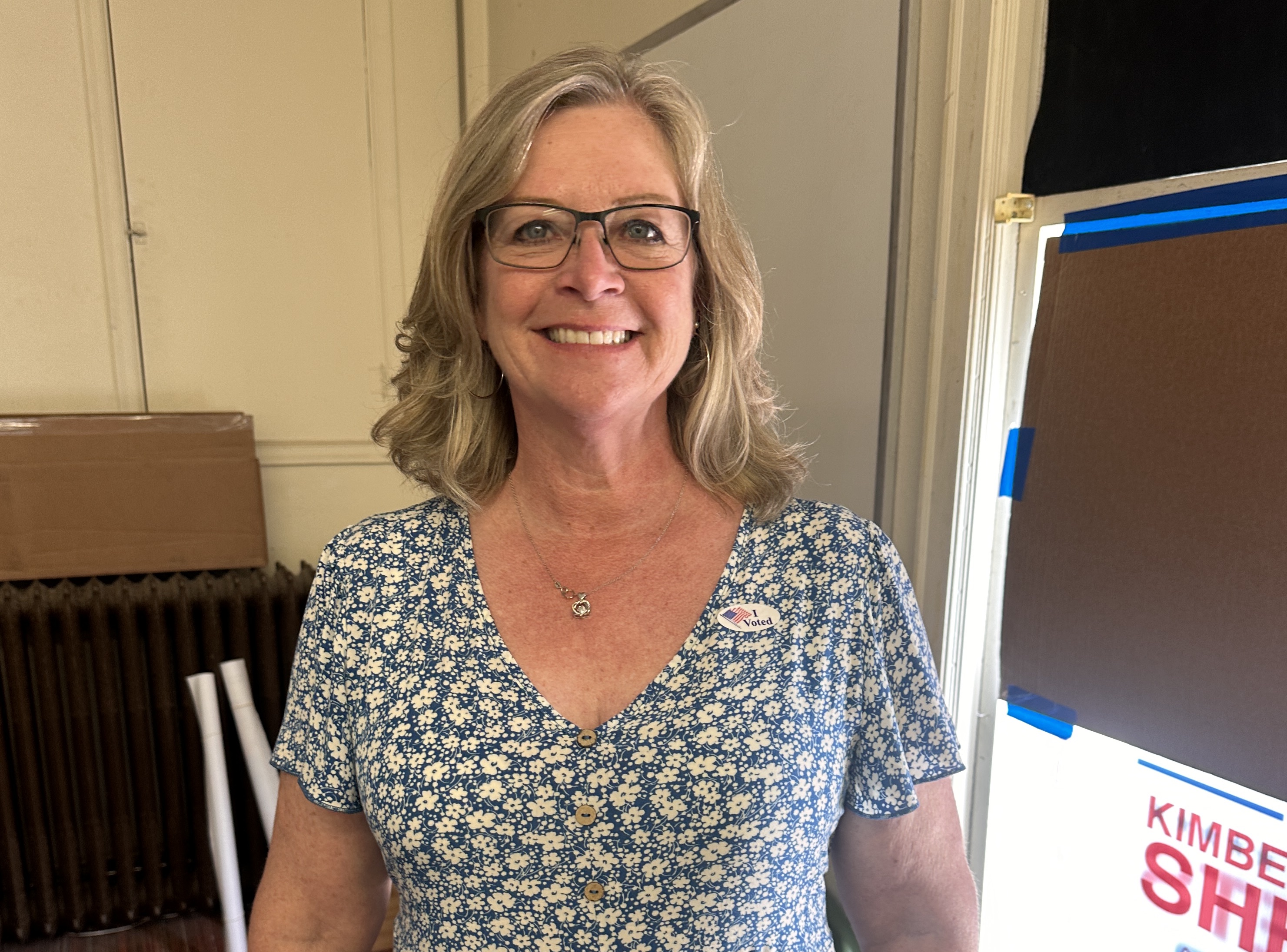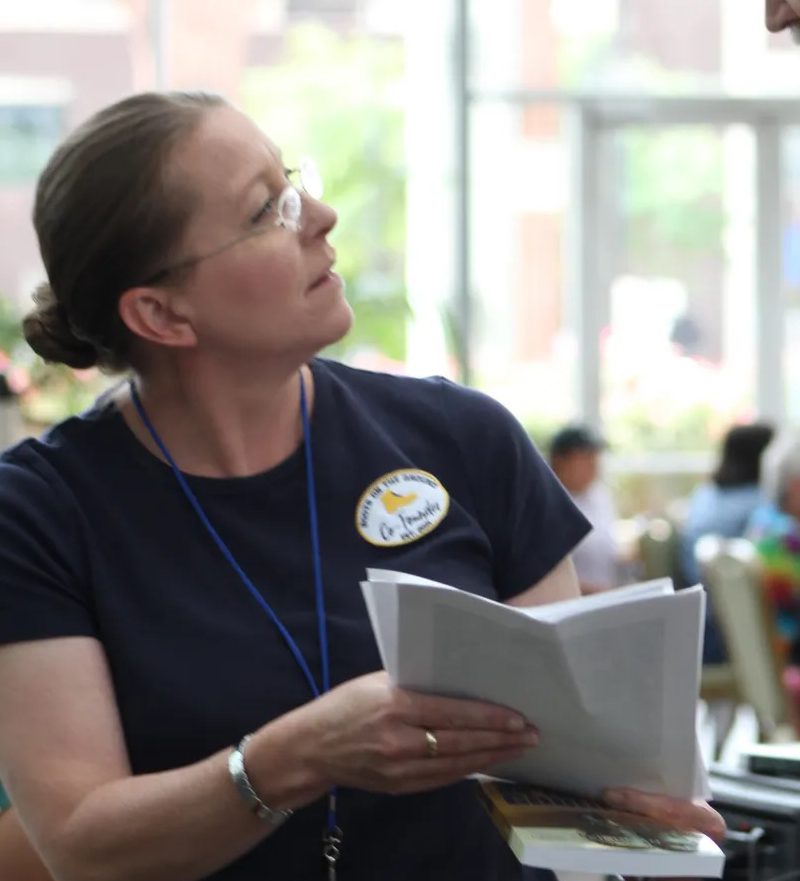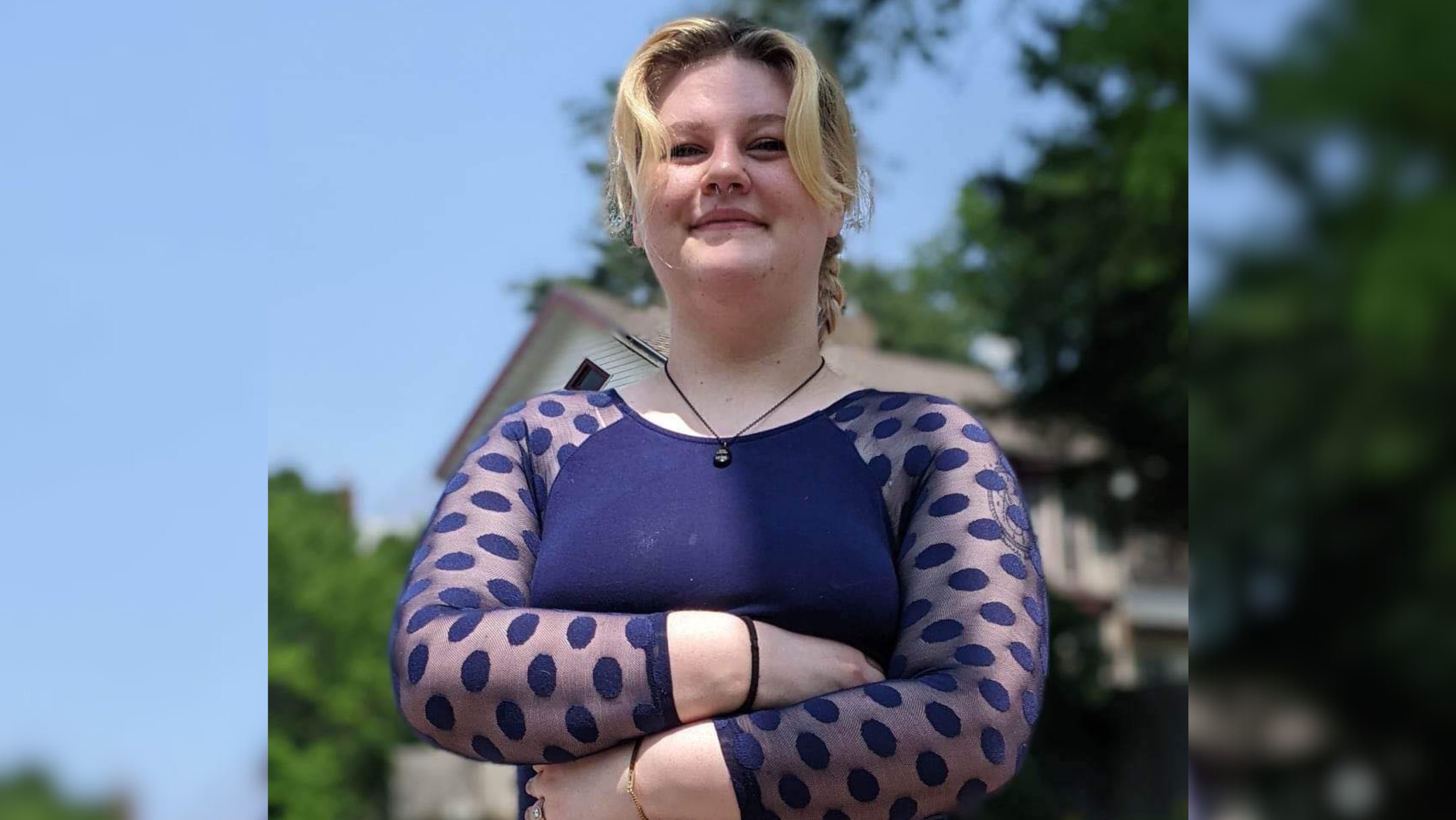
Before Iowa politics kicks into high gear with a new legislative session and the caucuses, I want to highlight the investigative reporting, in-depth analysis, and accountability journalism published first or exclusively on this site last year.
Some newspapers, websites, and newsletters put their best original work behind a paywall for subscribers, or limit access to a set number of free articles a month. I’m committed to keeping all Bleeding Heartland content available to everyone, regardless of ability to pay. That includes nearly 500 articles and commentaries from 2023 alone, and thousands more posts in archives going back to 2007.
To receive links to everything recently published here via email, subscribe to the free Evening Heartland newsletter. I also have a free Substack, which is part of the Iowa Writers Collaborative. Subscribers receive occasional cross-posts from Bleeding Heartland, as well as audio files and recaps for every episode of KHOI Radio’s “Capitol Week,” a 30-minute show about Iowa politics co-hosted by Dennis Hart and me.
I’m grateful to all readers, but especially to tipsters. Please reach out with story ideas that may be worth pursuing in 2024.
Continue Reading...

